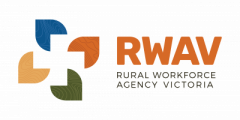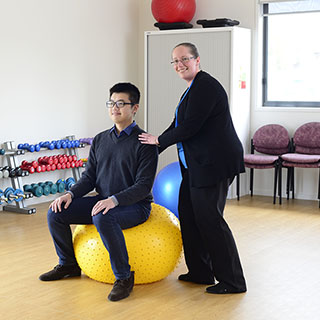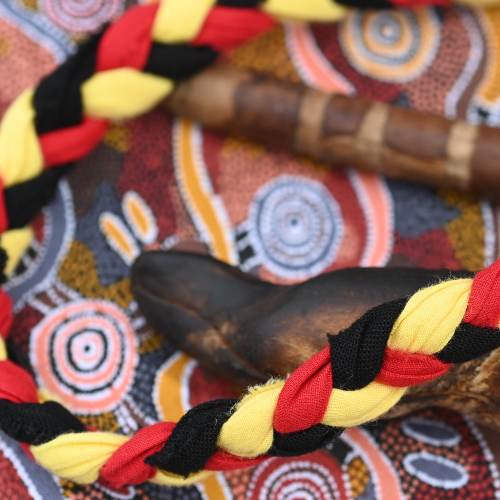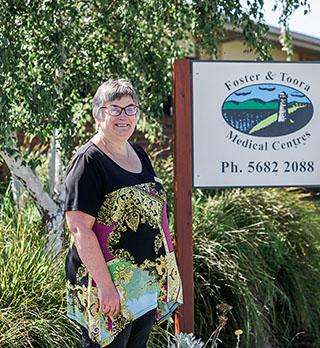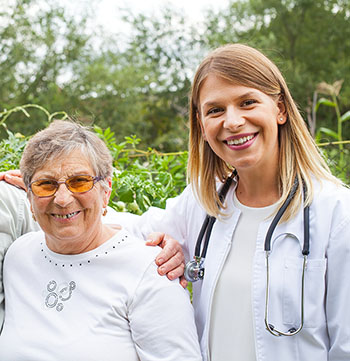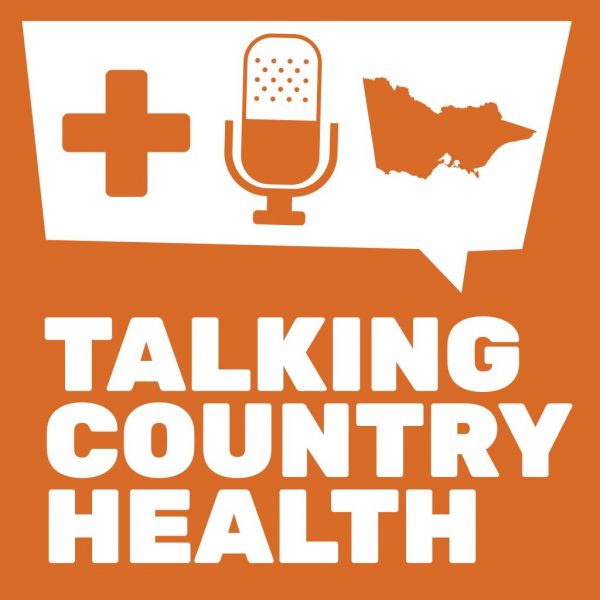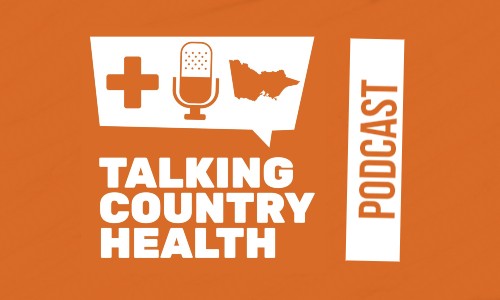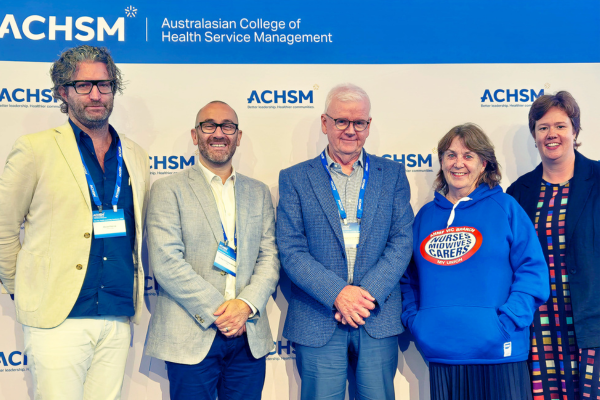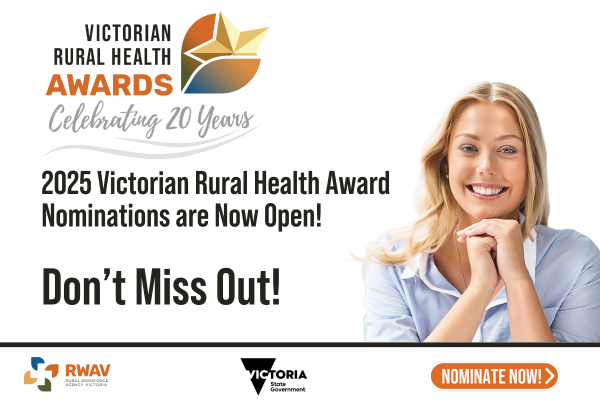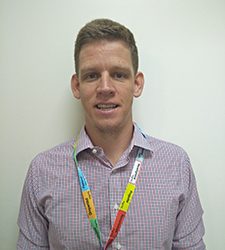 Dr Lachlan McKeeman is in the final year of his GP training doing the DRANZCOG Advanced in Wangaratta, Victoria, an advanced obstetrics skills training post. He combines this training with General Practitioner (GP) locum work in Emergency Medicine in a hospital and within a community setting. We caught up with Dr McKeeman to learn about the importance of the training post and how it can be used to benefit his community.
Dr Lachlan McKeeman is in the final year of his GP training doing the DRANZCOG Advanced in Wangaratta, Victoria, an advanced obstetrics skills training post. He combines this training with General Practitioner (GP) locum work in Emergency Medicine in a hospital and within a community setting. We caught up with Dr McKeeman to learn about the importance of the training post and how it can be used to benefit his community.
Why did you want to pursue an advanced skills post?
I really enjoy work in multiple domains of medicine. General practice provides great breadth of practice and opportunities to interact and learn from patients. Having an area of interest/special skill allows you to have an area of expertise which you are passionate about. It allows you to shape your GP practice and patient load. GP Obstetrics allows you to engage in the interesting, and at times, complicated antenatal care process, and be involved in the acute medical care environment during intrapartum care provision.
How do you intend to use your advanced skills to support rural and regional Victorian communities?
I aim to return to the same practice where I completed my early GP training and join the GP obstetric roster at Wodonga hospital. This is an opportunity which carries much privilege as a medical professional in being able to care for people from a community in multiple domains of their life. It also helps to develop a rewarding and therapeutic relationship with the patient, their family and to continue this into the future.
Would you recommend the advanced skills posts to other GP Registrars? Why?
I would highly recommend the DRANZCOG Advanced post as part of GP training. Obstetrics is an exciting and ever changing field of medicine which is challenging, both emotionally and intellectually. It allows you to develop and maintain a very specific skillset in an area of medicine which usually strikes fear into medical professionals, and is even avoided by many.
Providing evidence-based care for a woman and her family, in what is, at times a very vulnerable and confronting situation, is a unique and extremely rewarding opportunity which allows you to create or further strengthen therapeutic relationships. It provides an unrivaled opportunity to provide longitudinal care and maintain the provision and access to these services in rural locations.
